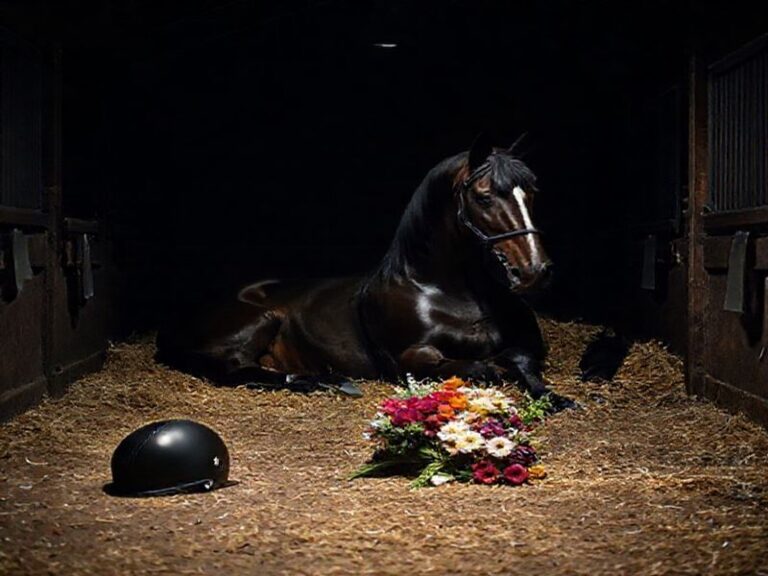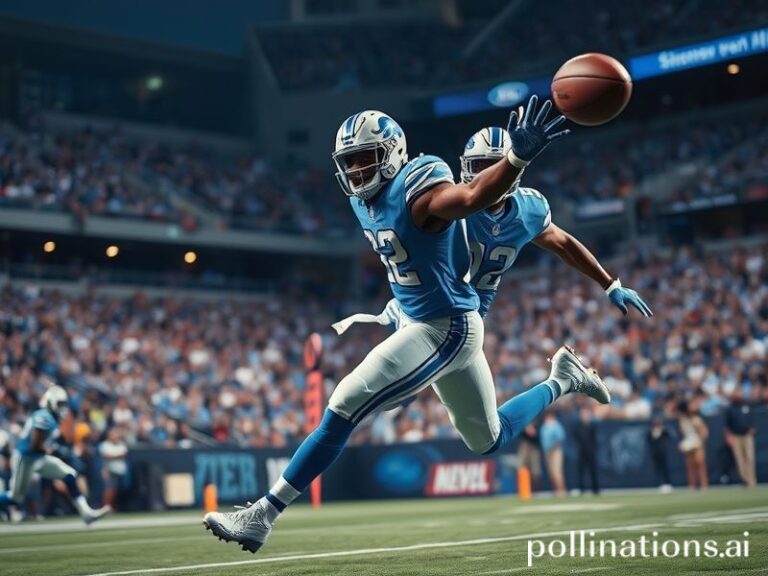Lane Kiffin: The Post-Geographical Coach Exporting American Chaos to a Wi-Fi-Near You
Ole Miss Head Coach Lane Kiffin—yes, the Twitter-addicted, visor-tilting American football savant—has quietly become a global Rorschach test. From the shadow of Oxford’s Confederate statues to the fluorescent glare of Seoul’s Gangnam sports bars, Kiffin’s 280-character grenades ricochet across oceans, reminding the planet that the most American export isn’t corn or democracy but unfiltered, algorithmic ego.
Consider the optics: a 48-year-old with a playbook in one hand and a burner account in the other, orchestrating 300-pound linemen like chess pieces while live-trolling boosters at 2 a.m. EST. That timeline translates—roughly—to 3 p.m. in Tokyo, when office workers sneakily stream practice highlights between Excel sheets. Kiffin’s digital theater is a trans-Pacific soap opera, the subtitles provided by Google Translate and the emotional beats universally understood: hubris, envy, schadenfreude, repeat.
Europe, still convinced that “football” involves feet, watches with the detached anthropological curiosity normally reserved for Florida Man headlines. French intellectuals—yes, they still exist—argue that Kiffin’s sideline smirk is late-capitalist performance art, a living Duchamp ready-made. Meanwhile, in the pubs of Manchester, lads nursing pints of Carling debate whether Kiffin’s 2023 flirtation with Auburn constituted a Brexit-level self-own or just an audition for a Netflix docuseries. Either way, the tabloids sold copies.
Down in Latin America, where fútbol is religion and American football a curiosity, Kiffin’s antics stream on pirated ESPN feeds between Boca Juniors matches. Argentine commentators compare his offensive tempo to tango—one step forward, two steps back, then a sudden, devastating thrust. Brazilians, never ones to miss a carnival, remix his press-conference sound bites into funk carioca tracks; “rat poison” becomes “veneno de rato,” the summer’s accidental anthem.
Asia’s reaction is more pragmatic. In Shenzhen, factory bosses project Kiffin’s fourth-down analytics dashboards onto warehouse walls, telling workers that efficiency is nothing without audacity. Over in India, cricket-crazed millennials view Kiffin’s recruiting pitch decks as a masterclass in seduction—proof that data, filtered correctly, can sell even a 17-year-old defensive tackle from Tupelo on the dream of Oxford, Mississippi. The subcontinent’s burgeoning sports-tech VCs now speak of “Kiffinization” as the holy grail: high risk, maximal virality, minimal apology.
The Middle East, ever alert to narratives of exile and redemption, sees Kiffin’s career arc as a parable. Once the boy-king of Tennessee—fired after one season, chased out by pitchfork emojis—he wandered the desert of Alabama’s shadow staff, then rose again in Boca Raton like a spray-tanned Lazarus. Saudi sportswashers reportedly studied his redemption arc while budgeting for LIV Golf; nothing says reform like a prodigal son with a visor.
And then there is the matter of the transfer portal, college football’s open-air bazaar. Kiffin treats it like a FIFA Ultimate Team pack opening, except the loot boxes contain actual humans who can read zone coverage. European football bureaucrats watch in horror as the NCAA’s amateurism myth collapses faster than the Super League. “At least we pretended to care about tradition,” mutters a UEFA official into his Negroni.
What does it all mean? Simply this: Lane Kiffin is the first truly post-geographical coach. He doesn’t merely export American football; he imports global anxiety and repackages it as entertainment. His sarcasm is the lingua franca of a planet drowning in sincerity. His willingness to retweet a 14-year-old’s meme about his own quarterback is, in its own twisted way, a diplomatic breakthrough—soft power distilled into a GIF of a baby Yoda sipping tea.
So when Ole Miss lines up against Texas A&M this fall, remember: somewhere in Lagos, a data analyst is tracking Kiffin’s red-zone tendencies to hedge a crypto bet. Somewhere in Stockholm, a grad student is footnoting his tweets in a dissertation about irony and late modernity. And somewhere in Oxford, Kiffin himself is probably subtweeting the Swedish grad student, because that’s the circle of life now—equal parts ESPN, existential dread, and emoji.
Welcome to the world, Coach. Try not to fumble the geopolitical snap.







